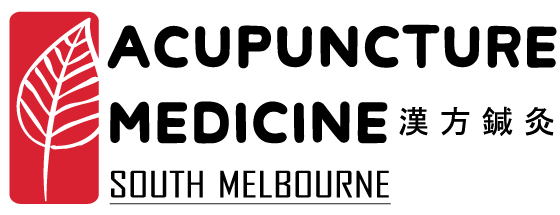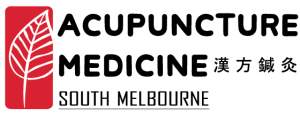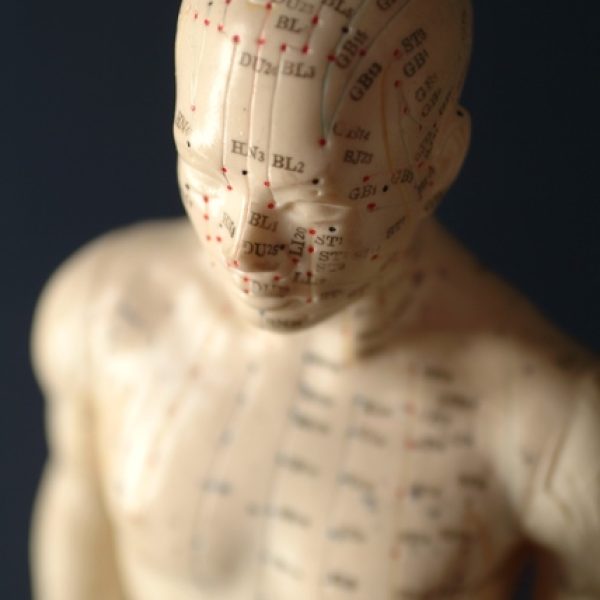Dry Needling vs. Chinese Medicine Acupuncture
As a registered Chinese medicine acupuncturist, I frequently encounter questions about the differences between traditional Chinese medicine (TCM) acupuncture and dry needling. Both techniques involve the insertion of needles into the body, but they differ in their underlying principles, applications, and sensations experienced during the procedure. Let’s dive into a concise comparison:
1. Underlying Principles
- Traditional Chinese Medicine (TCM) Acupuncture: Rooted in millennia-old holistic Chinese medicine, this practice believes in the flow of Qi (energy) along meridians in our body. It harmonises the Yin and Yang to achieve balance.
- Dry Needling: This newer method addresses muscular pain by targeting trigger points, grounded in Western anatomical concepts.
2. Pain Felt
- TCM Acupuncture: Sensations are often described as tingling, warmth, or a mild ache. Each experience is unique, underscoring the individualized care of TCM.
- Dry Needling: Known for the muscle’s ‘twitch’ response, which can be a bit more intense but is generally followed by a sense of relief.
3. Health Conditions Treated
- TCM Acupuncture: TCM’s holistic nature addresses a wide spectrum of issues, from stress and pain to digestive or sleep problems. It considers the entire interconnected system of our body.
- Dry Needling: More focused on musculoskeletal pain and myofascial dysfunction.
4. Duration & Frequency of Treatment
- TCM Acupuncture: Customised to individual needs, the treatment duration and frequency are tailored for optimal results.
- Dry Needling: Typically shorter, with frequency determined by the severity of the muscular issue.
5. Training & Regulation
- TCM Acupuncture: Practitioners invest in rigorous training in TCM principles and techniques. This education often spans years and is stringently regulated to ensure high standards.
- Dry Needling: Training can vary, with inconsistent regulation. Always ensure your practitioner is well-qualified.


